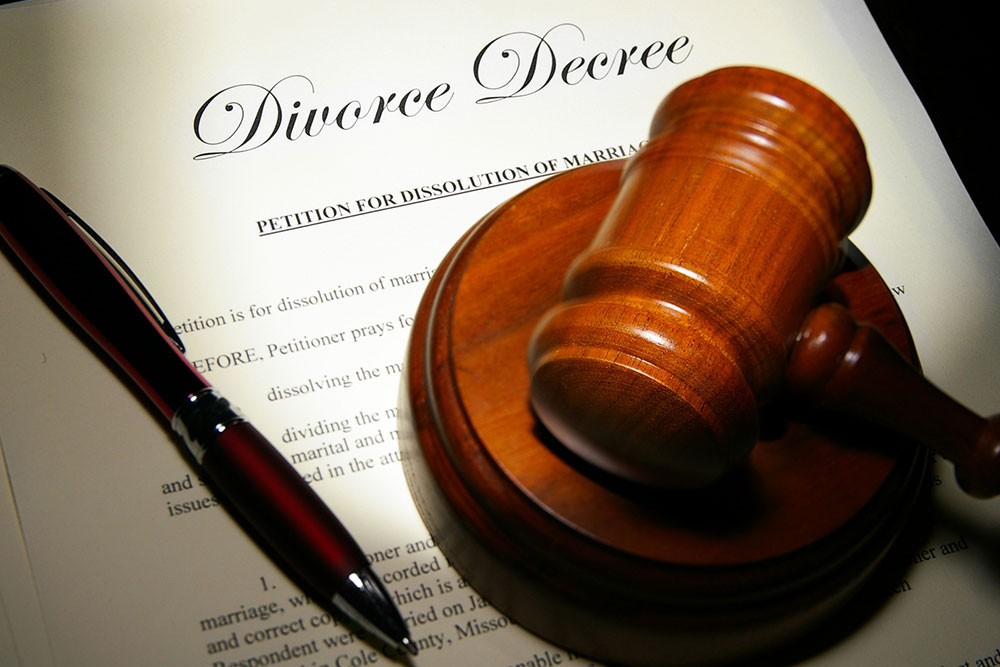5 things to know before accepting a settlement amount

Accidents and injuries can be life-altering. When caused by someone else’s negligence or fault, individuals can sue the other party to recover compensation and damages. This is known as a personal injury or accident lawsuit. Since most of these cases are settled out of court, individuals often have questions regarding when to settle. Unfortunately, there is no right answer to this question – it entirely depends on the circumstances and how one would like to proceed.
Things to know before accepting a settlement amount
1. It is possible to reject an offer but still receive compensation
Often, insurance companies rush victims to accept a settlement offer, giving them the impression that they will receive nothing in return if they reject it. Do not fall for this, as it is not true.
Any experienced attorney will attest to the fact that a settlement offer is only the beginning of the process. Insurance companies push it as a now-or-never offer because they want to spend the least time and money on personal injury claims. However, going with this quick settlement often lies in the insurance company’s best interest and could lead to major losses for the victim.
Upon receiving a settlement offer, victims can make a counteroffer or reject the claim.







